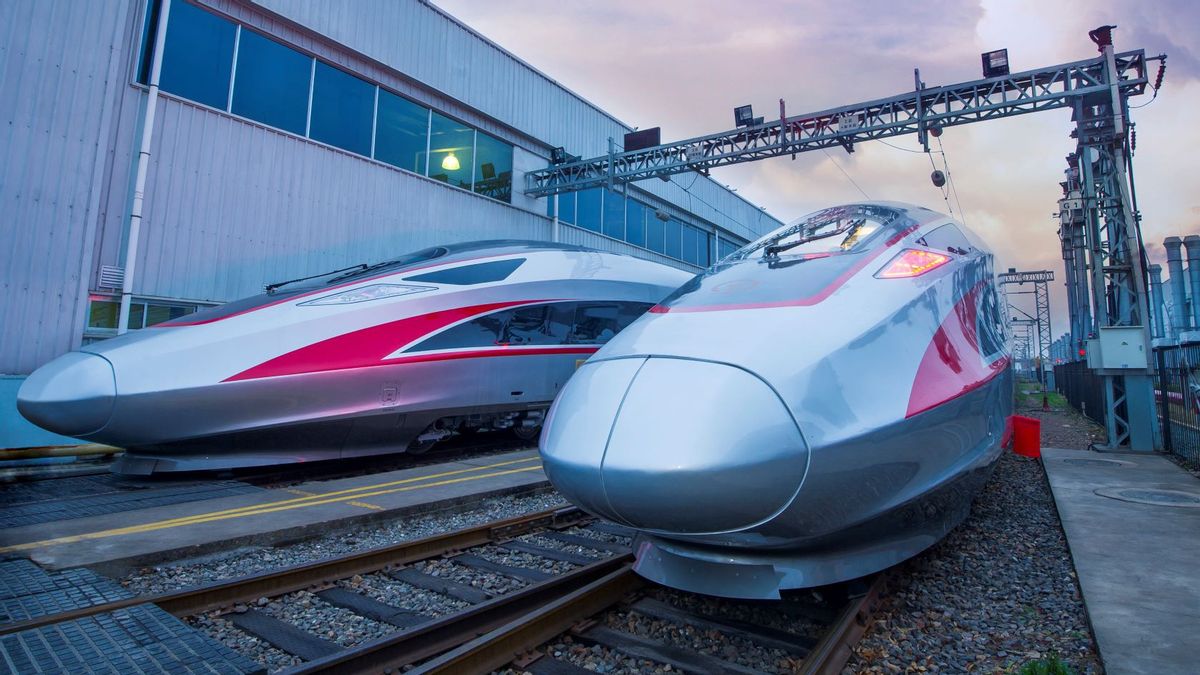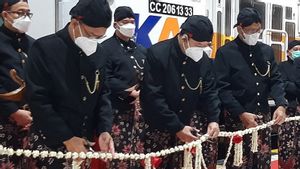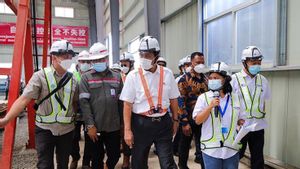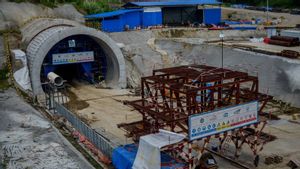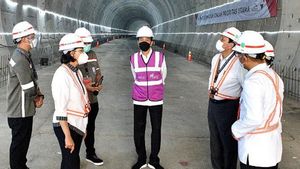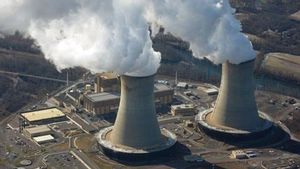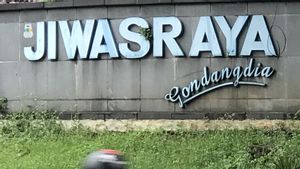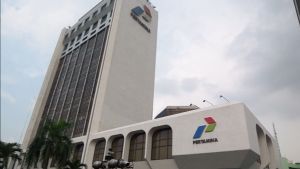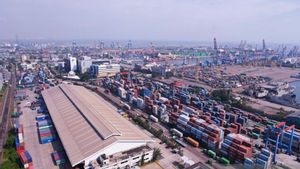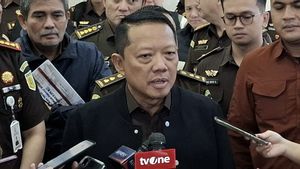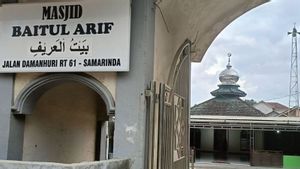JAKARTA - President Joko Widodo (Jokowi) has approved the use of the state budget (APBN) for funding the Jakarta-Bandung high-speed rail project.
As is known, the investment needs for the project swelled from 6.07 billion US dollars or around IDR 86.67 trillion (exchange rate of IDR 14.280 per US dollar) to 8 billion US dollars or approximately IDR 114.24 trillion.
The use of the state budget (APBN) for the Jakarta-Bandung high-speed rail project is revealed in Presidential Regulation (Perpres) No. 93/2021, which was just signed on October 6, 2021. The regulation is an amendment to Presidential Decree No. 107/2015, concerning the Acceleration of the Implementation of Infrastructure and Facilities for the Jakarta-Bandung high-speed train.
The assistance is provided in the form of state capital grants (PMN), project guarantees, and permits to issue debt securities or bonds for PT Kereta Api Indonesia (Persero) or KAI as the project consortium leader.
Center of Economic and Law Studies (Celios) economist Bhima Yudhistira Adhinegara assessed that this project was actually not feasible from the start that the government wanted to work on it. Because, according to him, the government is too confident in working on this project in a business-to-business (B2B) manner.
"From the start, the government was too confident that the B2B model without state budget money would work. No, it can't, without a pandemic, the government has to be involved, so G to B (government to business)," he told VOI, Monday, October 11.
According to Bhima, the high cost overrun of the project is actually an 'alarm' for the sustainability of the fast train project owned by PT Kereta Cepat Indonesia China (KCIC).
"The use of the APBN in the high-speed train project is an indication that the project business is not feasible, so there must be state money coming in. You cannot use Business to Business through a consortium, of course, tax money must also inject development funds," he said.
According to Bhima, when the project was reorganized, then the government took a 'way out' by giving an injection through the APBN, this did not necessarily make things right. Because, there are a number of impacts that will occur in the future. One of them is the overdrawn state budget.
Bhima reasoned that without this project alone, there would have been a lot of flow of state funds for state-owned enterprises (BUMN) in order to carry out infrastructure assignments from the government. In fact, some PMNs to state-owned companies are given only to save the company's business.
Specifically for KAI alone, Bhima noted that the PMN plan has prepared around IDR 4.1 trillion for several projects, especially if it is added to the Jakarta-Bandung high-speed rail project.
SEE ALSO:
"That's just a form of state capital participation, yet funds are not injected directly into the project," he explained.
In addition, said Bhima, the government needs to maximize the state budget as well as for handling COVID-19 and national economic recovery (PEN). These include free vaccinations for the community, social assistance (bansos), development spending, to payment of debts and interest on accumulated debts.
The problem, said Bhima, is that with so many expenditure items, the government still has to maintain the state budget deficit. Moreover, the government has also set a target for the deficit to return to normal to around 3 percent of gross domestic product (GDP) in 2023.
"With this budget deficit target, the question is, which amount of funds for the high-speed train project will be taken from? There must be priority spending that will be shifted to the high-speed train project," he said.
Bhima said that apart from the short-term effect, there is also a medium-term effect of the APBN policy to fund the Jakarta-Bandung high-speed rail project, namely an increase in the subsidy budget. According to Bhima, this condition will certainly occur because when the project is completed, the government may not immediately charge expensive ticket rates according to the calculation of project investment returns.
Furthermore, Bhima considered that there would be a transportation subsidy budget for KAI's operations at the beginning of the use of the mode. Although he does not yet have a calculation of the amount of subsidies needed, Bhima believes that the subsidy figure will be large because the need for project funds has swollen since the construction period.
"The picture is simple, the project costs are inflated, while those who use the high-speed train are the upper middle class because it's impossible to get cheap tickets. This is where projects that are forced to go through, eventually become a burden for government and public spending. Are people who pay taxes to the government willing to use their money for subsidized high-speed trains?," he said.
The English, Chinese, Japanese, Arabic, and French versions are automatically generated by the AI. So there may still be inaccuracies in translating, please always see Indonesian as our main language. (system supported by DigitalSiber.id)
